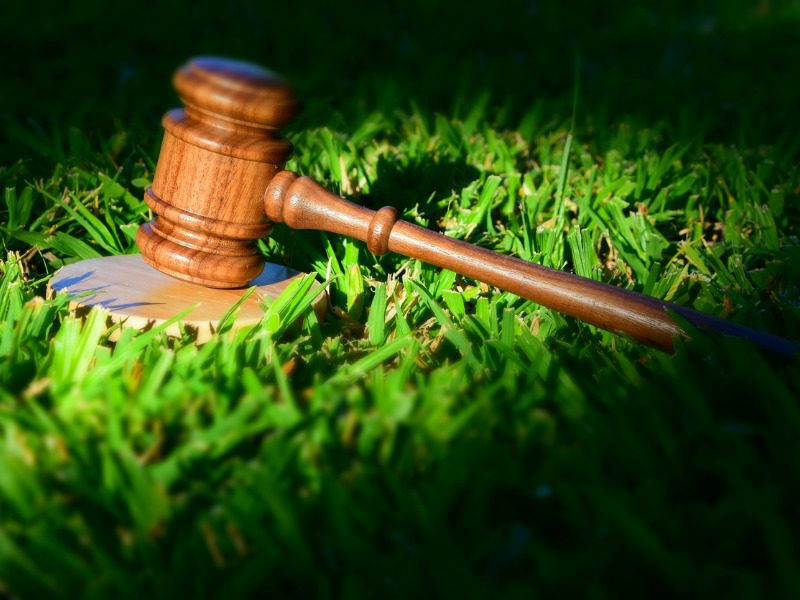Why your commercial clients may be at risk of ESG legal action

Canadian law firms are preparing for an uptick in environmental, social, and governance (ESG)-related legal cases, based on the rise of such cases in the U.S., a litigator tells Canadian Underwriter.
ESG lawsuits occur when a company is taken to court for misrepresenting their climate disclosures or failing to follow through with its stated climate goals (also known as “greenwashing”).
“The U.S. is often a harbinger of what is going to happen in Canada,” said Laura Wagner, partner at Borden Ladner Gervais (BLG) LLP. “It’s a trend that we’re seeing more of in the U.S. at this point in time, but I’m starting to see in Canada as well.”
One of the biggest risks is that companies often get sued because they don’t have their ESG disclosures reviewed before release, Wagner said.
“Companies are increasingly making claims about their ESG. One of the biggest mistakes is to not have that reviewed, to not have good legal counsel or good departments looking at the ESG claims before they are released to the public and making sure that they’re accurate.”
Companies are also at risk of overstating their ESG disclosures, she added.
“More and more, the public [and] large corporate investors want to hear [about your ESG policies, procedures and targets]. But if you can’t support that with actual action on the ground, it’s certainly a risk.”
Wagner sees a few common — or plausible — types of ESG legal action.
“The first I would say is regulatory action,” she said. “ That’s happening in two ways. One, regulators of their own accord are reviewing representations by issuers, to some extent in response to a complaint. So a private party might make a complaint to a regulator with respect to representations made by public companies. Two, we’re see proposed class actions, where individuals are attempting to bring claims against companies on the basis that [public issuers are] misrepresenting their disclosure.”
In one international case, a private company (textile manufacturer Alcantara S.p.A) sought, and won, a preliminary injunction against its competitor (Miko S.r.l), on the basis that the latter had overstated claims about the environmental benefits of its products.
Another possible type of ESG legal action stems from whistleblowing.
“If what the company is saying at the top doesn’t accord with what the employees understand to be the case on the ground, then there’s the risk of employees becoming whistleblowers and actually coming forward to the public, or to a regulator, and saying they don’t think the company’s disclosure is accurate.”
Luckily, ESG frameworks are publicly available on the web. Companies can use these to guide their disclosures and follow suit with legal counsel.
“Good legal counsel can help you select an appropriate framework, review your disclosures against the framework and against what your company is actually doing on the ground to ensure that what you’re saying is accurate and defensible,” said Wagner.
Feature image by iStock.com/tzahiV



